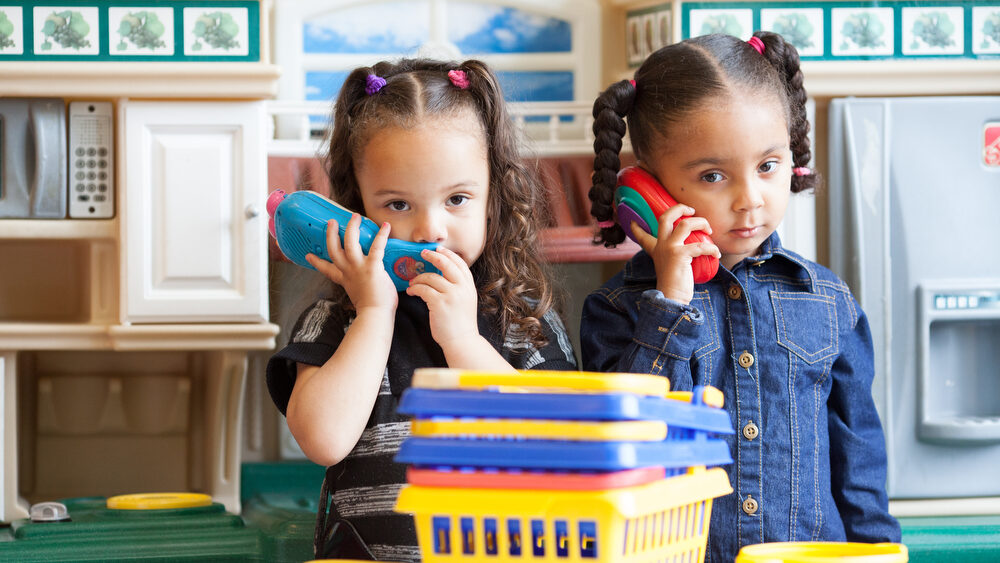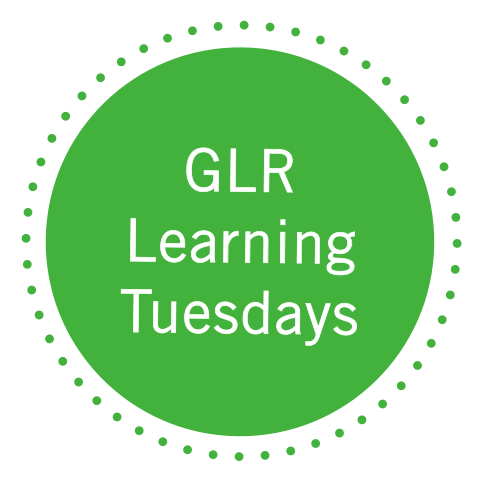
- This event has passed.
Back to School: Reducing Barriers to a Successful Start in Kindergarten

This conversation, part of CGLR’s Kindergarten Matters webinar series, focused on actionable supports that could be provided to families as they prepare for their children to begin the kindergarten year. Chrisanne Gayl of Trust for Learning moderated the conversation and shared the above quote as she highlighted the importance of the topic.
Attendees first heard from Swati Adarkar with the U.S. Department of Education who shared information about Secretary Miguel Cardona’s Raise the Bar: Lead the World Initiative as well as the two tracks that the Department is pursuing to advance early school success. After discussing the importance of kindergarten as an inflection point, Adarkar emphasized the three Back to School Action Steps that the Department is focusing on:
- Catch up on early childhood vaccinations and well-child check ups
- Ensure early and easy kindergarten enrollment
- Support effective transitions and summer programming
In her closing, Adarkar shared her excitement at the opportunity to focus on these action items and highlighted resources that could support attendees’ work on advancing early school success: “We know that together we can transform the coming year for our incoming kindergartners by giving them a smooth on-ramp to early school success.”
Heidi Schumacher, MD, FAAP, of American Academy of Pediatrics then emphasized the idea that kindergarten readiness begins at birth and is influenced by a child’s early experiences, which impact both physical and brain development. Schumacher discussed the importance of holistic child development, including social-emotional skills and problem-solving abilities. Speaking from her experience as a pediatrician, Schumacher outlined the multifaceted role of pediatricians in preparing children for a smooth transition into elementary school, both through providing vital screenings and engaging with families to promote healthy behaviors.
To close, Schumacher pointed to opportunities for collaboration between the health care and education sectors, encouraging partnership and joint advocacy efforts between pediatricians and child care and school professionals: “It all comes down to trusted relationships. Sitting together in this space can be so transformative, just starting with that simple relationship building.”
Attendees then heard from Jill Sells, MD, FAAP, with the CDC’s Learn the Signs. Act Early. program who, like Schumacher, highlighted the importance of focusing on child development from birth. Sells stressed the importance of nurturing caregiver relationships and family support for children’s learning and discussed developmental screening and monitoring, highlighting their role in identifying developmental delays or disabilities early.
Providing statistics on the prevalence of these delays and disabilities, Sells underscored the benefits of early intervention for better outcomes and shared the Milestones in Action resource from the CDC. This resource allows viewers to see video examples of various milestones that a child should be achieving at a given age. Sells encouraged attendees to utilize all resources from the Learn the Signs. Act Early. program: “You can certainly spread the word through newsletters and other outreach to families….This is all about having the community involved in this work and supporting families in whatever door they walk in.”
Kathleen Holmes with the CDC’s Let’s RISE program concluded the presentations by discussing the lingering impact of the COVID-19 pandemic on school vaccinations, highlighting declines in routine vaccination rates and the launch of the Let’s RISE program. Emphasizing the potential for disease outbreaks, Holmes underscored the importance of partnerships with educational professionals and early care providers in supporting families to ensure children are up to date on immunizations.
While acknowledging the multifactorial nature of absenteeism, Holmes emphasized the role of routine vaccinations by sharing research that points to lowered rates of absenteeism when students are able to stay up-to date on important vaccines. Holmes closed by saying: “Small declines in vaccination coverage can have large impacts. It’s not too late to protect our communities. Routine immunization catch up is a goal that we can achieve by working together, and we look forward to partnering with you to support kindergarten readiness by keeping kids healthy in school and ready to learn.”
Panel







